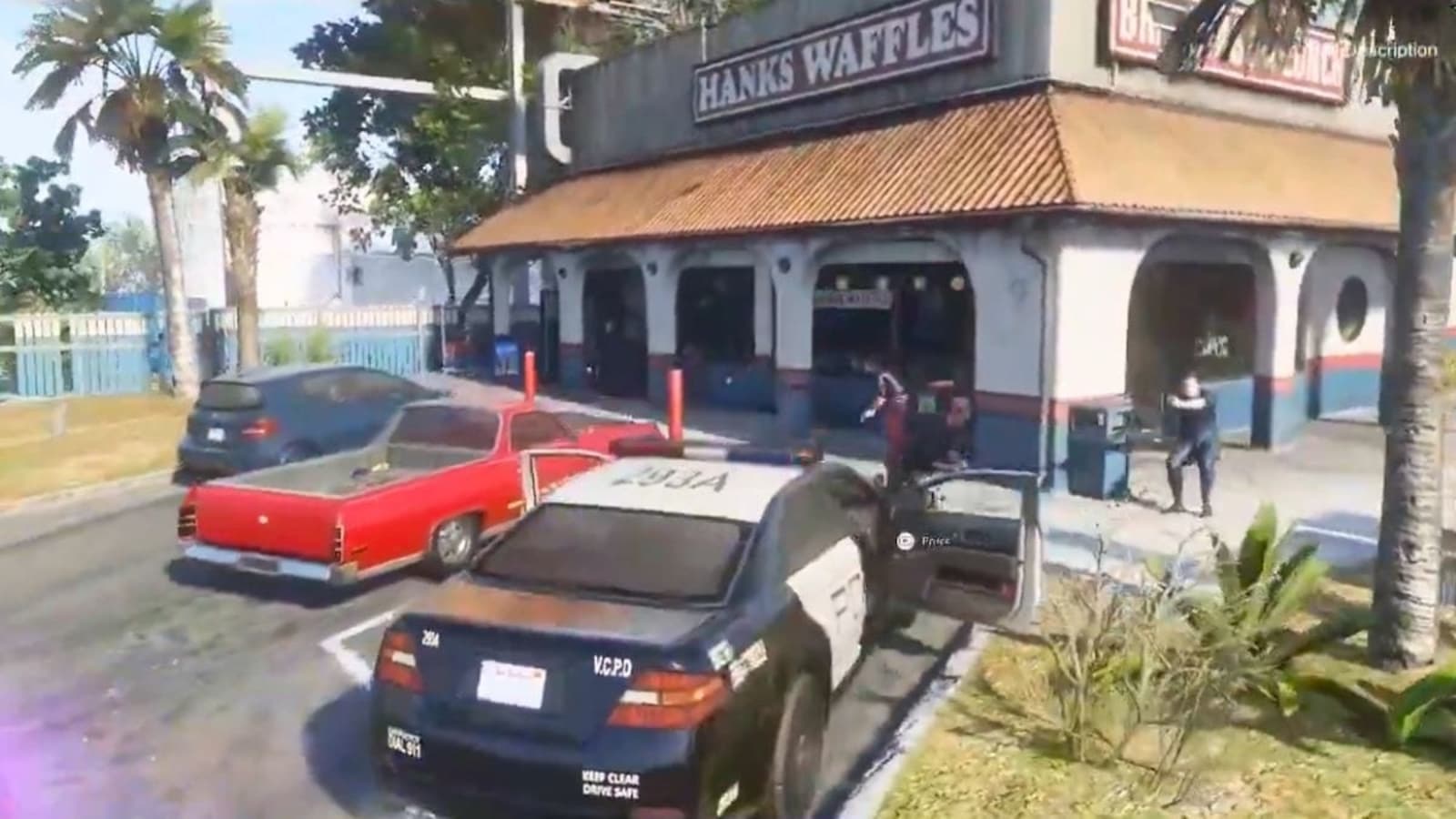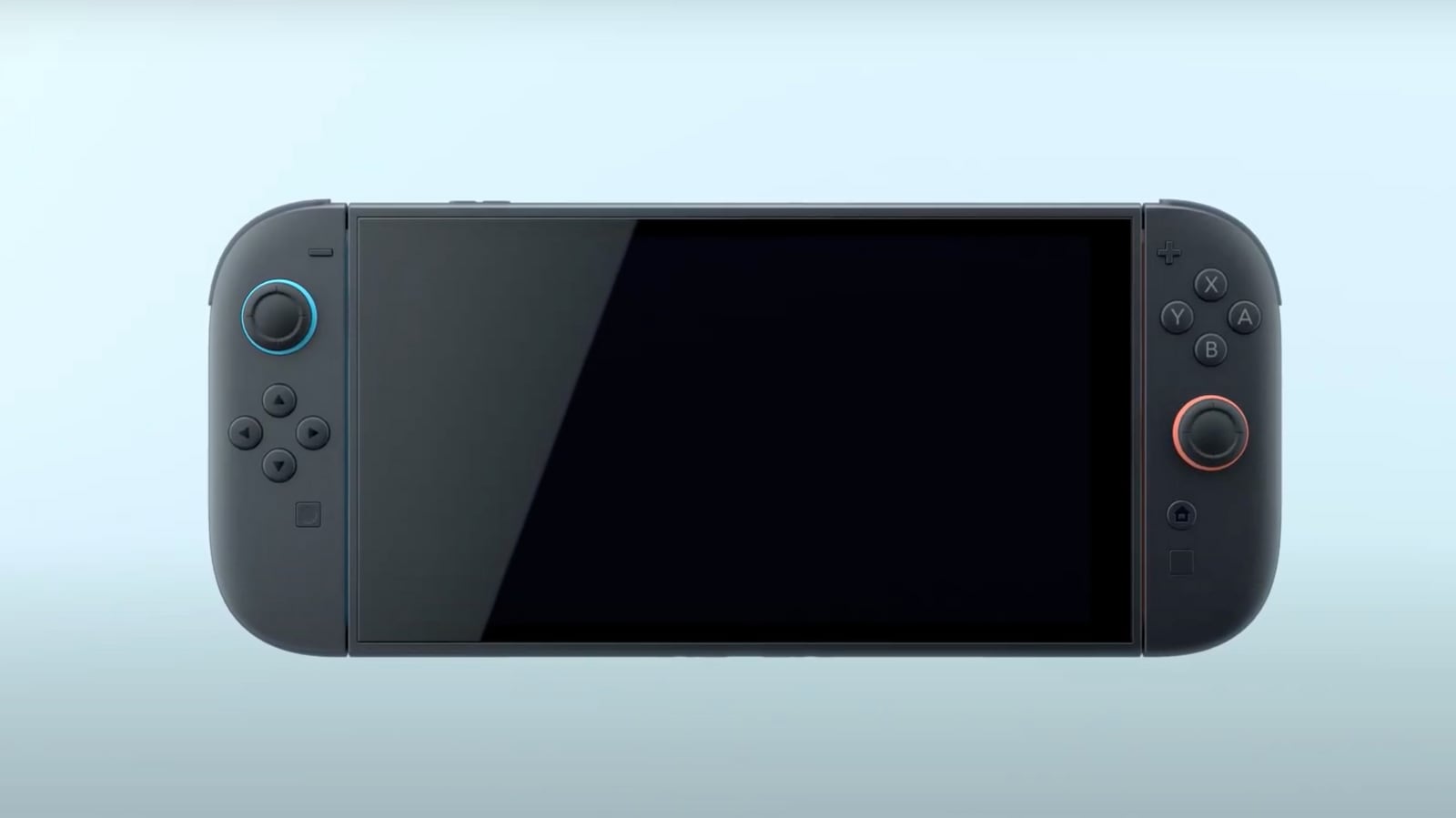In a bid to protect its popular word puzzle game, Wordle, The New York Times has unleashed a wave of legal actions against numerous clones, triggering concerns about the fate of hundreds of games inspired by the web-based sensation.
As revealed by 404 Media, The New York Times, which acquired Wordle in 2022, has initiated copyright takedowns through the Digital Millennium Copyright Act (DMCA) against various GitHub coders responsible for Wordle clones. The legal notices claim ownership over not just the Wordle name, but also the copyrighted gameplay, pointing specifically to the distinctive 5×6 tile layout and the grey, yellow, and green colour scheme, the Verge reported.
Also read: Wordle today: Struggling to get ahead? Check hints, clues and answer for March 9 puzzle
Copyright Takedowns Hit Wordle Clones Worldwide
The first salvo by The New York Times was fired in January, targeting unofficial Korean and Bosnian-language versions of the game. This week, additional requests hit Wirdle, a variant designed by the dialect group I Hear Dee in 2022 to promote the Shaetlan language, and Reactle, an open-source Wordle clone crafted using React, TypeScript, and Tailwind. Notably, Reactle was developed before The New York Times took control of Wordle, according to its creator, Chase Wackerfuss.
The impact of the legal offensive extends beyond Reactle itself, affecting approximately 1,900 games that have been spawned from its code on GitHub. The DMCA notice argues that these spinoffs, despite potential variations, are created in “bad faith” and allegedly copy the gameplay exactly from the Reactle repository. Reports suggest that several developers, engaging in a Hacker News thread, claim to have faced similar DMCA takedown threats.
Also read: GTA Online heist- Cluckin Bell Farm Raid now live: Unlock new vehicles, earn rewards and much more
Reactle’s creator, Wackerfuss, has opted to remove the game from circulation, expressing a desire to avoid a legal showdown with The New York Times.
Responding to inquiries from 404 Media, The New York Times issued a statement clarifying its stance:
“The Times has no issue with individuals creating similar word games that do not infringe The Times’s ‘Wordle’ trademarks or copyrighted gameplay. The Times took action against a GitHub user and others who shared his code to defend its intellectual property rights in Wordle. The user created a ‘Wordle clone’ project that instructed others how to create a knock-off version of The Times’s Wordle game featuring many of the same copyrighted elements. As a result, hundreds of websites began popping up with knock-off ‘Wordle’ games that used The Times’s ‘Wordle’ trademark and copyrighted gameplay without authorisation or permission.”
Ironically, Wordle itself has faced criticism for its uncanny resemblance to Lingo, a 1980s game show where players guess five-letter words, accompanied by a colour-changing grid based on accuracy. The legal skirmish over Wordle clones now adds another layer to the ongoing discussion surrounding the game’s origins and inspirations.
























